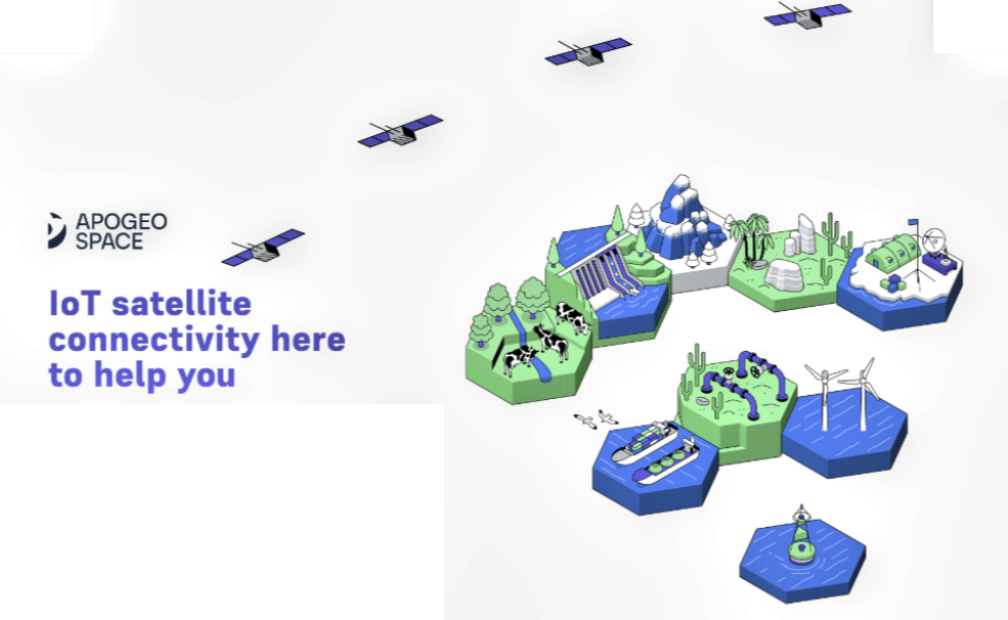
Apogeo Space is creating Italy’s first private satellite constellation to provide a telecommunication service for Internet of Things (IoT) devices and has released the firm’s first batch of nine smallsats.
Launched into orbit on November 11 by SpaceX’s Falcon 9 launcher and recently released by the Orbital Transfer Vehicle (OTV) of D-Orbit, the first nine pico-satellites will be able to provide global coverage. The launch of subsequent pico-satellites will increasingly shorten the revisit time by increasing the frequency of service, as well as introducing new features such as two-way (or better bi-directional) communication.
The launching of the first nine satellites happened with D-Orbit vector, an orbital logistics and transportation company headquartered in Fino Mornasco (CO), an all-Italian tandem proving the excellence of the tricolor space sector and supply chain, a significant step for an advanced and low-cost satellite telecommunication service.
Apogeo Space’s next launch is scheduled for March of 2024 with Momentus and, thereafter, a launch is planned every three to four months, each one always composed of nine satellites measuring 10x10x3 cm, for the realization of Italy’s first private telecommunications constellation for IoT, which will be completed by 2027, when there will be 96 active pico-satellites on-orbit.
The realization of the first important piece of the project, developed in this case by a completely Italian supply chain, will strengthen even more the role of Italy in the space economy and specifically in telecommunication and pico-satellite constellations, areas in which Apogeo Space wants to be the first Italian company able to compete in the international arena of telecommunications for IoT.
Apogeo Space’s project has a solid foundation. In April 2021, in fact, the company had announced the successful launch of FEES 1 (Flexible Experimental Embedded Satellite), having the same compact dimensions as the newly released pico-satellites and a precursor of technological development.
This was followed by the release of a second FEES2 satellite in January of 2022, the smallest satellite ever released from the International Space Station.
Apogeo Space aims to establish its LEO smallsat constellation to offer global telecommunications coverage and a full range of advanced services. These services include data collection for a variety of applications, from agri-tech to integrated logistics, from forest and glacier monitoring to oil & gas, from large watersheds to networks and infrastructure.
The German research institute Statista estimates a worldwide deployment of about 30 billion connected IOT devices by 2030 (with an average annual steady growth of 2 billion between now and then).
“We are proud and excited about the release of our first batch of satellites, a project that started from far away. It took years of design and experimentation that, thanks to the main support of Primo Space fund, were able to find industrial concreteness. We look to the future with enthusiasm, aiming to make an important contribution in the world of telecommunications for IoT.” — Eng. Guido Parissenti, CEO and Co-Founder, Apogeo Space
